At the recent Konoha à Nuit event in Paris, Masashi Kishimoto and Mikio Ikemoto opened up about the challenges they’ve faced while working together on Boruto manga.
When asked about any significant challenges they’ve encountered during the production of Boruto, Kishimoto recounted a significant disagreement with Ikemoto regarding the fate of a character.
“With Ikemoto-san, at one time we had a significant difference in points of view on the fate of a character, and he was tenaciously persuading me for a long time. However, I can’t say which character it’s about, so as not to spoil the continuation of the story.“
Ikemoto elaborated on this by noting the evolving nature of a serialized manga. He explained that a long-running serialization like Boruto requires constant adaptation to changing trends and societal shifts. As a result, he admitted that the story has deviated significantly from Kishimoto’s original outline.
“A serialization is like a living being. It constantly evolves. It needs to flexibly adapt to the currents of the time, to trends and to changes in the zeitgeist. This is even more the case for a long-running serialization. What I mean is that things… don’t always go as planned. Small changes have often been made right from the beginning. But little by little, the story develops in a direction that’s different from Kishimoto-sensei’s outline.
Various factors can explain this. But the biggest reason is that I needed to create for myself a new outcome for the shonen part and a concept for the seinen part.“
The introduction of characters like Ada and Demon, and the renewed roles of Kashin Koji and Amado, are all results of this ongoing evolution. Ikemoto even hinted that certain characters, such as Code, were meant to die much earlier, but their fates were altered as the story progressed.
While admitting that the manga was far removed from what was originally planned, Ikemoto also reflected on the difficulties of managing these changes.
“Even if the initial idea is to make the manga even more engaging, we are far removed from what was originally planned. Currently I’m in the situation of developing the story on my own. So I think the biggest challenge in the production of Boruto—including for Kishimoto-sensei who gives me his approval—is to continue to handle successive unforeseen changes.“
During a recent press conference in Paris, Boruto manga artist Mikio Ikemoto revealed that the Matrix films inspired his approach to the drawing and the composition of Boruto manga.
During the same press conference, Masashi Kishimoto had also hinted at the possibility of launching a new manga.
Source: X
